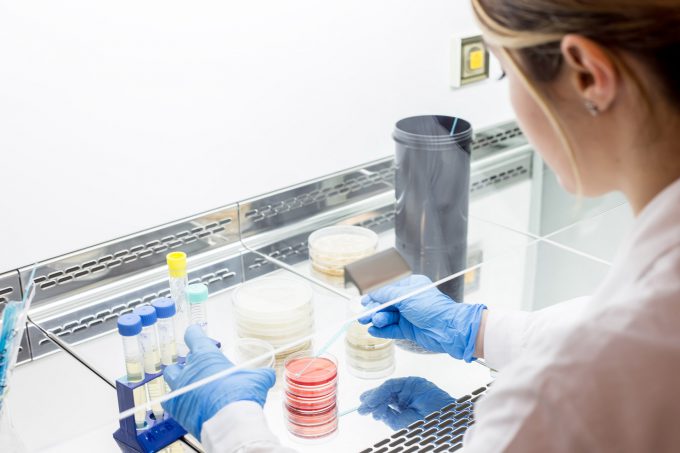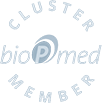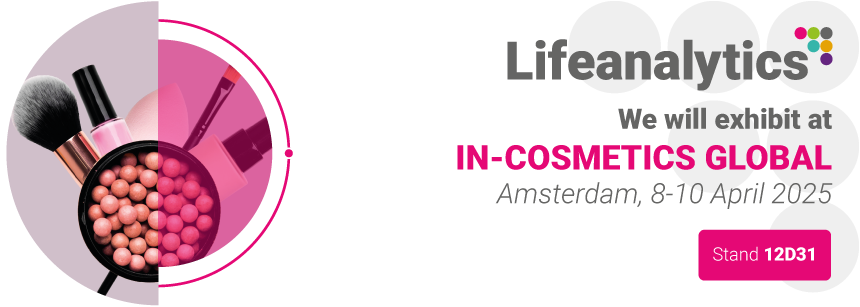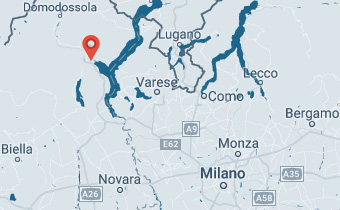The Microbiology Division offers a wide range of test and assays in line with the standards of ISO, Cosmetics Europe, PCPC (Personal Care Products Council) European Pharmacopoeia and FDA.
Specifically, the microbiology laboratory provides quantification, research, and identification services for specific microorganisms, as well as efficacy testing of preservative systems (Challenge test), antibacterial and antifungal activity testing, and mutagenesis testing.
Microbiological analysis offered by Abich:
- Microbiological analysis on ingredients and finished products (cosmetics, medical devices and similar items): total viable bacteria count, yeasts and moulds count according to methods ISO (21149 e 16212), European Pharmacopoeia / USP, Cosmetics Europe, PCPC; Research of specific microorganisms according to ISO (21150, 22717,22718, 18416) European Pharmacopoeia /USP, Cosmetics Europe, PCPC.
- Identification of specific microorganisms: in line with the COLIPA, ISO (21150, 22717,22718, 18416), and European Pharmacopoeia/USP standards.
- Challenge test (Test for the efficacy of preservative system) according to methods ISO 11930, European Pharmacopoeia, USP, FDA, Cosmetics Europe, PCPC.
- Evaluation of D value for the determination of PAO (Period After Opening). In-use test in vitro or on volunteers to evaluate the microbiological stability and PAO.
- Validation of microbiological analytical methods on specific matrix according to ISO 11930, European Pharmacopoeia,USP and PCPC.
- Evaluation of specific antimicrobial efficacy of products or ingredients towards strains of bacteria, fungi, viruses of dermatological or cosmetic interest (MIC, MBC, contact inhibition).
- Evaluation of the Minimal Inhibitory Concentration (MIC): turbidimetric and contact inhibition.
- Antibacterial activity test of textiles according to ISO 20645, ISO 20743 and ISO 22196.
- Test for the evaluation of the action of microfungi on textile products according to UNI EN 1411.
- Evaluation of the modification of bacterial adhesion towards mammal cells by medical devices, supplements or active ingredients.
- Environmental evaluation of airborne microorganisms: through sample collection with SAS SUPER IAQ “Surface Air System” instruments.
- Isolation and identification of contaminant strains in products or in the manufacturong premises through DNA /RNA sequencing or o MALDI-TOF or morphological analysis (moulds).
- Identification and quantification of Legionella: in line with the UNI EN ISO 11731-2 standard.
- Isolation and identification of contaminant strains of products or manufacturing premises to add them in customized challenge tests.
- Risk assesment for microbial contamination of cosmetic products according to ISO 29621.
- Evaluation of the antimicrobial efficacy of chemical disinfectants and antiseptics according to UNI EN 14885 in medical, domestic, istitutional and veterinary field.
- Virucidal activity of chemical disinfectants, antiseptics and similar products according to UNI EN 14476, UNI ISO 16777, ISO 21702, ISO 18184 (more additional virus strains, like coronavirus, are also available).
- Evaluation of the efficacy of finish products or active ingredients on the skin microbiome modification through in vitro preliminary assays and test on slected panel of human volunteers.
- Evaluation of the efficacy of environmental disinfection by aerodisperse methods according to UNI EN 17272:2020.
- Mutagenesis assay (test di Ames) according to OECD 471.
- Design of testing protocols and customized validations on specific needs of the client.
- Validation of cleaning and sanitisation procedures and protocols for manufacturing plant and premises in cosmetic and biomedical facilities










